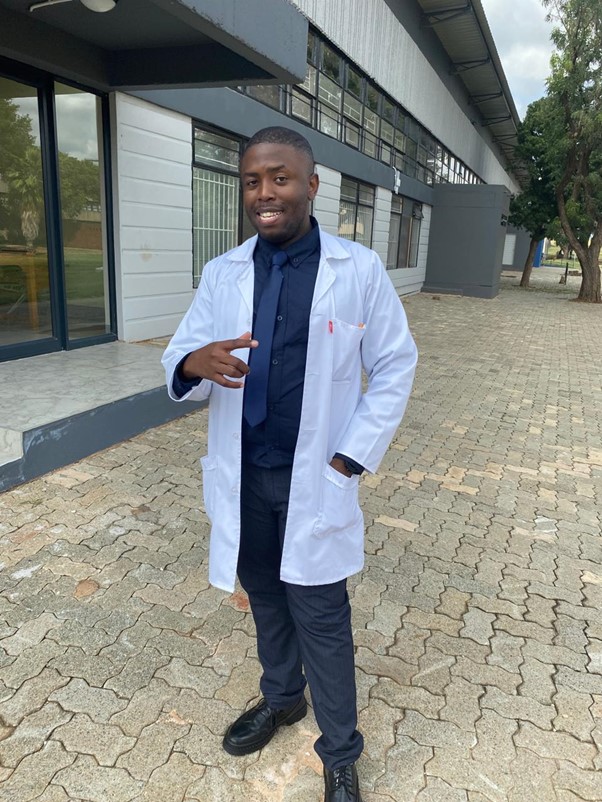Kgothatso Legong, fifth year medical student, shares the lessons he learned from a rotation in Ears, Nose & Throat.
______
Today marks the end of my rotation in Otorhinolaryngology, or ENT as we affectionately call it. I can hardly believe how quickly the weeks have flown by. Just yesterday, I felt so clueless as a student, and here I am, reflecting on the experience that has shaped my understanding of this intricate field of medicine.
Upon entering the ENT department, I was introduced to a world that oscillates between the delicate and the profound. The human ear, nose, and throat—these seemingly mundane structures harbour a multitude of complexities that can drastically affect a person's quality of life. Our first morning was spent in the lecture hall, where we were bombarded with a whirlwind of anatomy, physiology, and pathology. My mind raced as I scribbled notes, trying to keep pace with the amount of information being presented. Understanding the intricate anatomy of the ear alone felt like deciphering a beautiful yet complicated symphony.
During my initial days, I accompanied the registrars on rounds. Each patient presented a unique puzzle. One memorable case was of a boy who had been experiencing persistent ear infections. His laughter filled the small examination room moments before his mother shared her increasing worries. I watched as the consultant took the time to engage the boy—drawing him out with humour, which instantly created a rapport. I was struck by the way he deftly balanced medical professionalism with warmth, an approach I hadn’t fully appreciated until now. It was a vivid reminder that, at its core, medicine is about connection—about listening to our patients as they share their narratives.
The clinic was where I had the chance to get my hands in action. With the instruction of our attending physician, I learned how to perform a basic otoscopic examination. Holding the otoscope for the first time was both exhilarating and daunting; I felt as though I was standing on the edge of the precipice, ready to dive into the depths of a new experience. The first ear I examined was filled with cerumen, and for a brief moment, I felt a pang of disappointment. But the consultant smiled encouragingly and reminded me, “Every ear tells a story.” I came to appreciate the importance of each finding, mundane or not, in painting the larger picture of a patient's health.
Surgical days were undoubtedly the highlight of my rotation. I had the incredible opportunity to observe several procedures, including tympanoplasty and tonsillectomy. Seeing the delicate work of the surgeons up close filled me with awe. Each incision, each suture required such precision. In those moments, the surgical techniques seemed almost like an art form, and I wrestled with the longing to be on the other side of the drapes, wielding the scalpel myself someday. It reignited my desire to pursue a career in surgery, especially in a field as dynamic as ENT, where both the art and science of medicine coalesce.
One of the most challenging aspects of this rotation was managing the emotional weight that came with some of the patients’ conditions. I will never forget a middle-aged man who came in with a suspected malignant throat lesion. The atmosphere in the room shifted palpably once the diagnosis was mentioned. He remained hopeful as he sought answers from the team. It was here that the importance of empathy crept into my thoughts. As we discussed potential treatment plans, I realised how vital it is to approach these conversations with sensitivity. We’re not just treating a condition; we’re navigating the hopes, fears, and dreams of our patients and their families.
As I close this chapter of my medical education, I carry with me the lessons learned, both in the complexity of anatomy and the simplicity of human connection. ENT taught me that listening is as crucial as diagnosing; that empathy can often provide healing beyond the confines of medical interventions. I leave this rotation with a deeper appreciation of the intricate systems of the body and a renewed passion for the journey ahead.

______
To read more student articles like this visit our student hub.